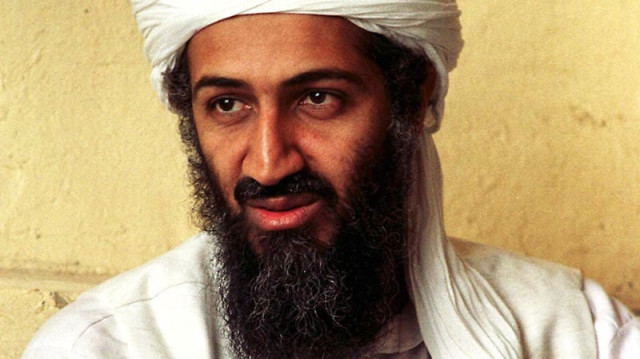So, almost ten years on from the September 11 attacks, the alleged mastermind of the plan, Osama Bin Laden, was finally killed in the picturesque hill town of Abbottabad. The operation that eventually lead to his assassination had been under way since August of last year and was carried out with the support of Pakistan’s intelligence services. Hordes of Americans congregated outside of the White House and the site of the twin towers to celebrate the event.
The question now on most peoples’ lips is what impact this will have on the so called ‘war on terror’ and the Islamist Jihad movement. The stark truth, however, is probably not a lot.
September 11, not only signaled the greatest terrorist atrocity on American soil, but was also the day that the Saudi millionaire who had long taken it upon himself to tear down the evils of Western civilization brick by brick ceased to be relevant. In the months and years after the event, the al-Qaeda leader was forced into further isolation and seclusion, in his attempts to evade American justice. As the US waged wars in Afghanistan and Iraq and threatened one in Iran, Bin Laden furrowed deeper and deeper into his many hidden bunkers. Apart from the odd recorded video message and reports of his deteriorating health, Bin Laden had, like the famous movie criminal Kaiser Soze, vanished into thin air. Cut off from his friends and enemies alike and with his finances seriously choked, he had long ceased to be a real player on the terrorist stage. His role was that of a figurehead and rallying point for other would be Jihadists. Over time the American hunt for him was driven more by revenge than the necessity to preserve its national security.
The capture of Bin Laden is not a turning a point.
Unlike many analysts would have us believe Al-Qaeda, the Taliban etc are not a homogeneous whole. Nor are they franchise movements. Jihadist groups the world over may claim their names, but in truth they are disparate groups struggling for their own agendas and ideals. They do not receive their instructions from Bin Laden, Ayman al-Zawahiri or Mullah Omar. The danger lurks not in a single shadowy terror movement – but in the jihadist ideology that has currently gripped the Muslim world and which spawns the violence and terror that has become such a threat to the international community. The battle may be won but the real war will continue.
In all of this, far more significant than the death of Bin Laden, has been the revelation that he was residing in a compound in one of the major urban centers in Pakistan. Abbottabad is not a murky village in Pakistan’s tribal belt, or an obscure network of caves in the Hindu Kush, but one of the largest cities in the country with a population in excess of one-hundred thousand people. It is home to some of country’s best private schools and Pakistan’s main military training institution, the Pakistan Military Academy in Kakul. Serious questions need to be asked of the Pakistani government and intelligence services, which have a long history of supporting jihadists most recently their support of the Haqqani network, as to how the world’s most wanted criminal was so easily able to sneak into such a metropolis and live there in apparent peace and seclusion. These questions may yet raised, but it would be foolish to expect any coherent answers.
Osama may no longer be with us, but the ideology he so fervently stood for is stronger than ever. Jihadist movements the world over will not be dealt a serious blow by the death of a man who was never theirs to begin with. Sadly, that may not stop them from brutal acts of retaliation.
After Osama: The war continues
More significant than bin Laden's death, has been the revelation that he was residing in a compound near Abbottabad



COMMENTS
Comments are moderated and generally will be posted if they are on-topic and not abusive.
For more information, please see our Comments FAQ